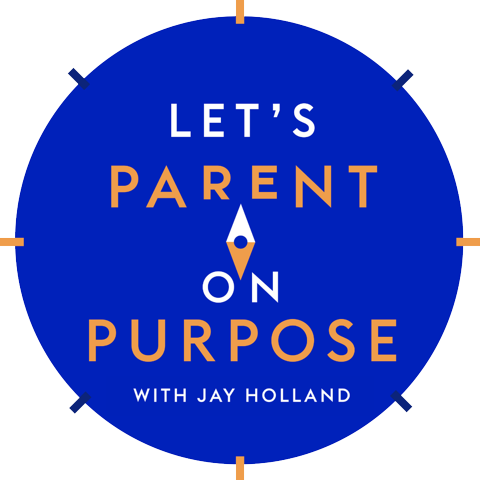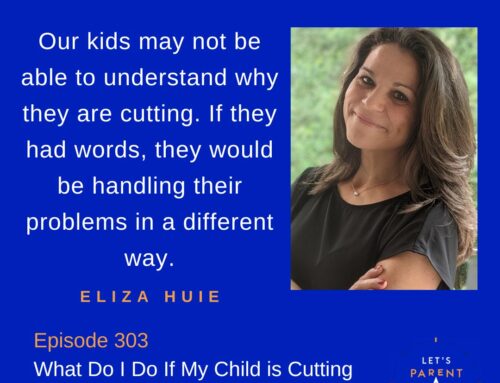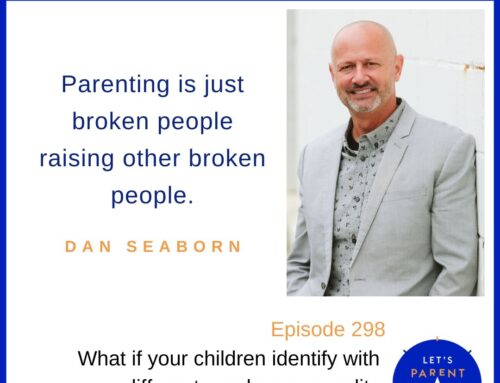Powered by RedCircle
Have you ever made a promise to a toddler and then forgot, only to have them remind you 27 times? They don’t forget. Yet when it comes to doling out consequences for behavior, we often feel immense pressure to come up with the perfect consequence on the spot. This can be especially difficult when we’re angry, exasperated, and wondering how you’re supposed to come up with the perfect deterrent for a situation you never fathomed could even happen. Emotions are high all the way around, and it’s likely that one or the other of you is going to react over the top. Not the ideal learning laboratory.
The good news: unless you’re parenting a rat, dog, or ferret, or 18 month old, you don’t always have to feel compelled to come up with an immediate consequence. Actually, delayed consequences can have a lot more power.
Children, and especially teenagers, are emotional creatures. And just like us, when their emotions are flaring, it’s very difficult to think logically, rationally, or learn much of anything. You can try to enforce your family standards while you both are in fight or flight mode, OR you can wait a little while gather your wits, get some council, think through the fallacies of your consequences, let the anticipation build, and THEN drop the hammer like Thor on one of those green thingies from the movies.
What might this look like?
- Child A gets caught cusssing/cheating/hitting/stealing/drinking/lying/etc-ing.
- Parent A feels like they are going to blow up inside, but instead responds with an even mannered “ooooo… that’s a really big deal. I’m not even sure how to handle this. Why don’t you go to your room/mow the lawn/fold laundry/start your homework while I figure out what an appropriate consequence is.”
- Child A begins to protest, laying out a defense that would get OJ acquitted again.
- Parent A responds with “yeah, what a bummer… go ahead and do what I just asked while I think through what’s an appropriate consequence to make sure this never happens again”
- Parent A takes as long as they want… minutes, hours, all day to think it through, call for advice, talk to the other parent. Child A gets to cool off from the firestorm of defense they were attempting, and now gets to live in anticipation of the cruelty that awaits them.
- When the Parents are ready, they call the for the child, rehearse what the child or teen did, talk about why it’s such a big deal, and then drop the consequence bomb.
Why is this method so desirable?
- Anticipation makes everything more awesome. Dates, desserts, and discipline!
- You get time to cool off and give an appropriate consequence. You even have time to get creative.
- You don’t have to punish angry, and this is a huge teaching moment for your kids. You didn’t react in anger, you collected yourself. This is what they should also do.
- You have time to make sure you give a punishment you can actually stick with.
- You might actually have a great discussion instead of just a fight.
This love and logic method of parenting is laid out in detail in Foster Cline & Jim Fay’s Parenting Teens with Love and Logic. I highly recommend it.
Have fun! And do me a favor, share this if you think it’s worthwhile!






